What awaits you in your studies?
-
Semester 1 - 3
The beginning of your studies focuses mainly on teaching the basics of mathematics and engineering. These are basic skills in physics, mathematics, technical mechanics, construction theory and electrical engineering and information technology. These subjects are represented by extensive compulsory modules up to your third semester. The field of optics, on the other hand, builds up steadily over the semesters with increasing scope.
You start with a general overview of the basics of optics and radiation optics. Wave optics is covered in the second semester, followed by beam sources and lasers in the third semester. Mathematical models and methods will be integrated into wave and radiation optics in the first two semesters. From the third semester onwards, the basics of general chemistry are also offered as a compulsory module as preparation for working with optical materials.
A special feature of your studies is the practice-oriented Bachelor project, which is also implemented in the first semester. In the bachelor project, you work in a group with fellow students to find an engineering solution to a current research or practical problem. Several institutes of the Faculty of Mechanical Engineering provide tasks, such as the development of an additional lens for a smartphone, the construction of an electrically driven car or creating new valuable materials from recycled plastic. In the Bachelor project, you already gain practical experience in the first semester, develop targeted solutions and implement them directly.
Fundamentally, your studies are made up of lectures, exercises, seminars, laboratories, excursions and tutorials. The latter teaches you key skills such as scientific work or communication and organisation techniques.
-
Semester 4 - 5
The competences taught up to the fourth semester and the basic knowledge taught from the various scientific disciplines are interwoven in the fourth and fifth semesters into mostly new modules and supplemented by two lectures on quantum technologies. In addition, a compulsory elective area opens up for you from the fourth semester onwards, consisting of two compulsory elective modules. The compulsory elective modules form the foundation for an initial individual specialisation.
In order to design engineering methods and strategies in the planning, construction, design, production, commissioning, testing and evaluation of technical products and process chains and to transfer the engineering fundamentals trained in the first three semesters into in-depth systemic thinking, the compulsory module optics production is also created in the fourth semester and deepened with a view to optics construction. Lighting technology is added as a profile-forming module in the degree programme and functions as a bridge between engineering fundamentals and the application of optics in the fields of engineering activity.
-
Semester 6
In the sixth semester, you can complete a twelve-week industrial/research internship, but you do not have to. If you decide not to do the internship, it will be included in the subsequent Master's programme and you will have to take other elective modules as a substitute. The option to place the specialised internship in the consecutive Master's programme does have some advantages.
On the one hand, it can prevent an extension of the study time in cases where there are difficulties in finding a placement. On the other hand, you may not know which specialisation best suits your individual interests until you have completed in-depth modules in the Master's programme and can thus better select a suitable internship.
In addition to the specialised internship (or alternatively the elective modules), you will also write your Bachelor's thesis in the sixth semester, which you will present in a lecture afterwards. If everything goes as planned and the exams are successful, you will receive the academic degree "Bachelor of Science", which is not only your first professional qualification, but also qualifies you to take up a further Master's programme.
Impressions from the Bachelor project
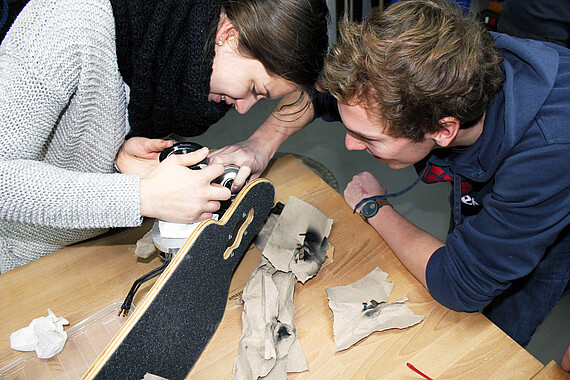
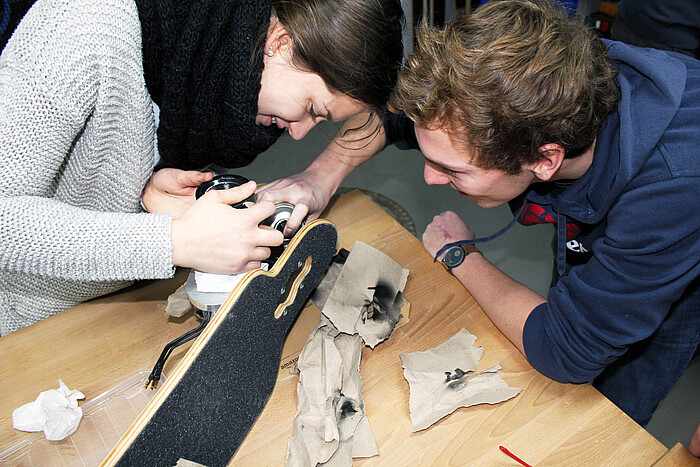
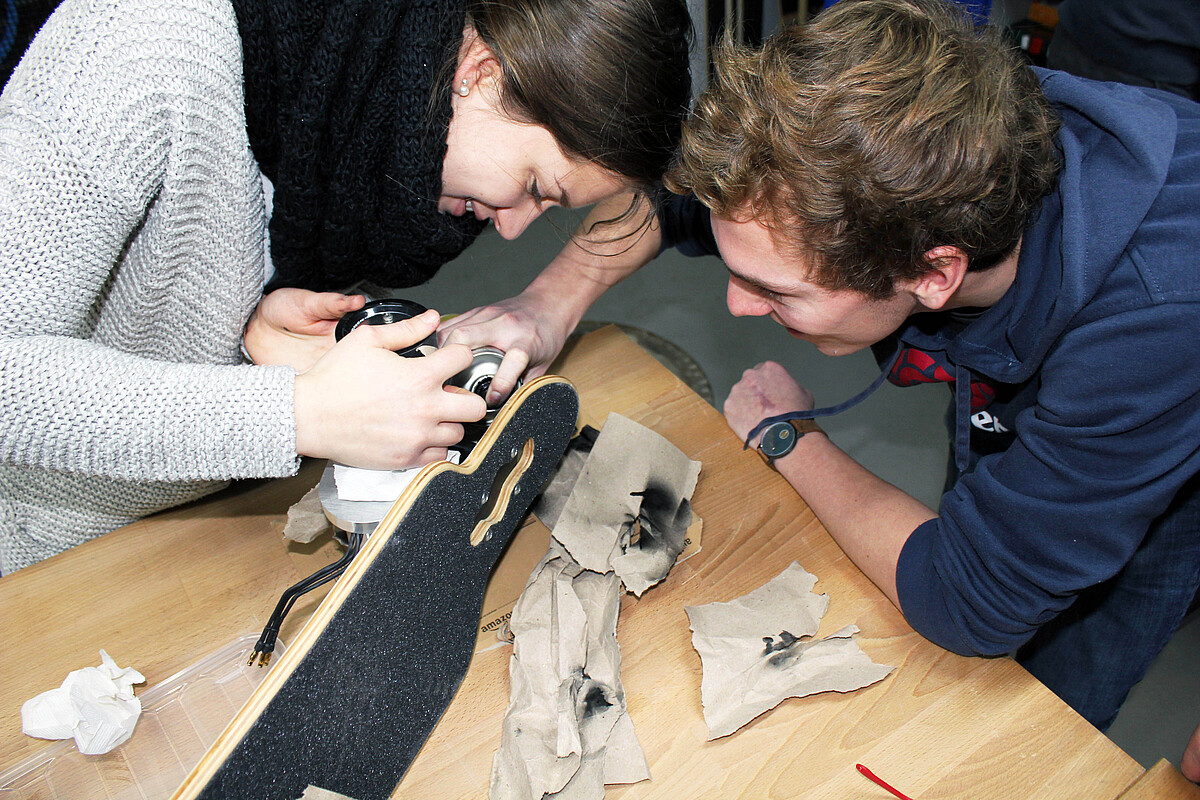


 ©
Max Kesberger
©
Max Kesberger
Fields of activity and career opportunities
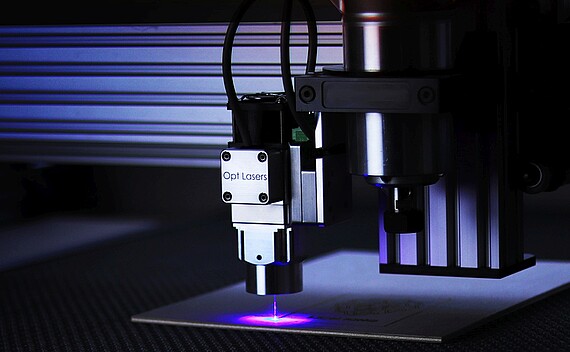
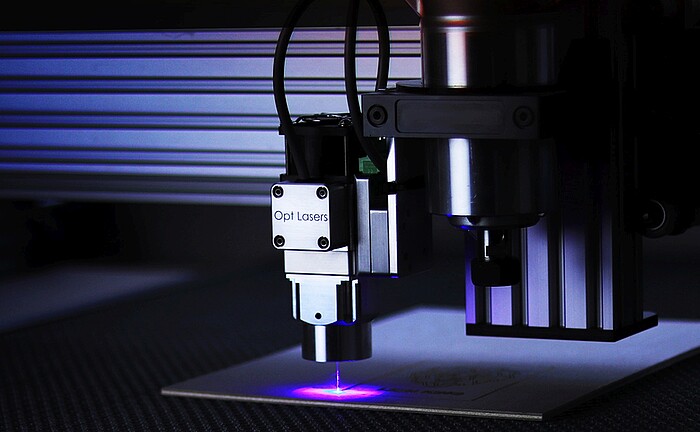
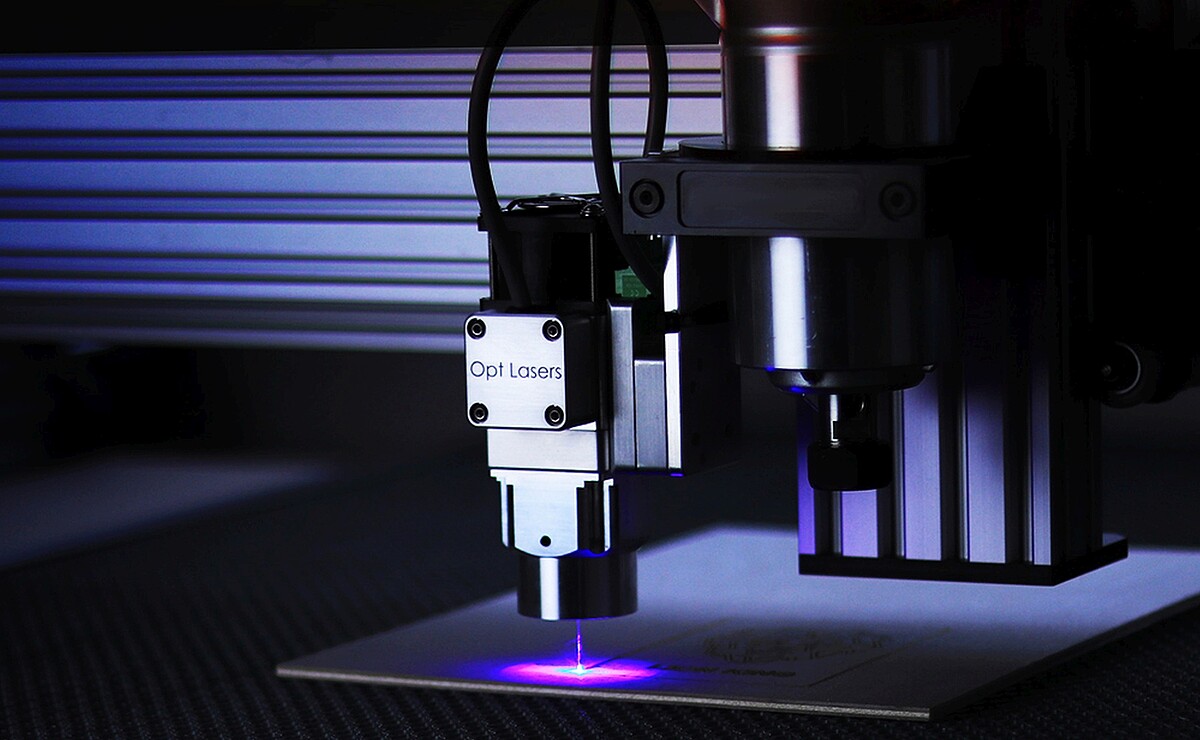 ©
pexels.com
©
pexels.com
As a graduate of the Bachelor's degree programme "Optical Technologies: Lasers and Photonics", you are ideally prepared to work in the laser and optics industry. Since the degree programme deliberately avoids a specific specialisation, you can consider yourself a fundamental specialist in optical technologies because you have an interdisciplinary and broadly diversified knowledge. Fields of application for optical technologies can be found in medical technology, for example in laser eye surgeries, in the automotive, aerospace and entertainment industries and in information technology. As an alternative to your profession, you can also study for a Master's degree with an optional doctorate.
Contact
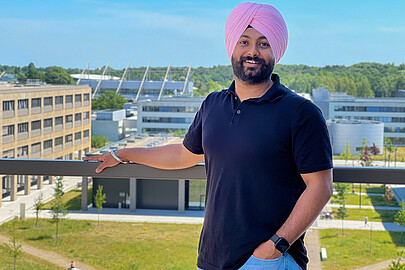
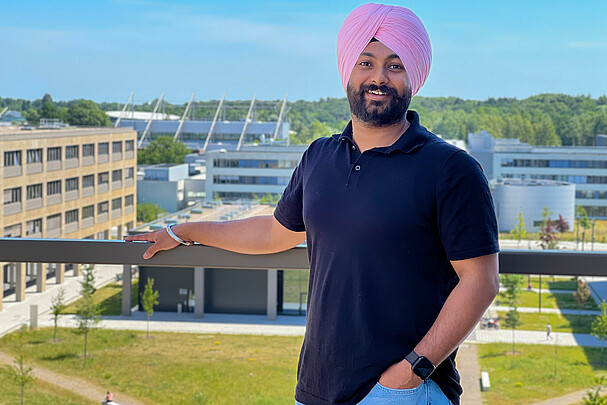
30823 Garbsen


30823 Garbsen













